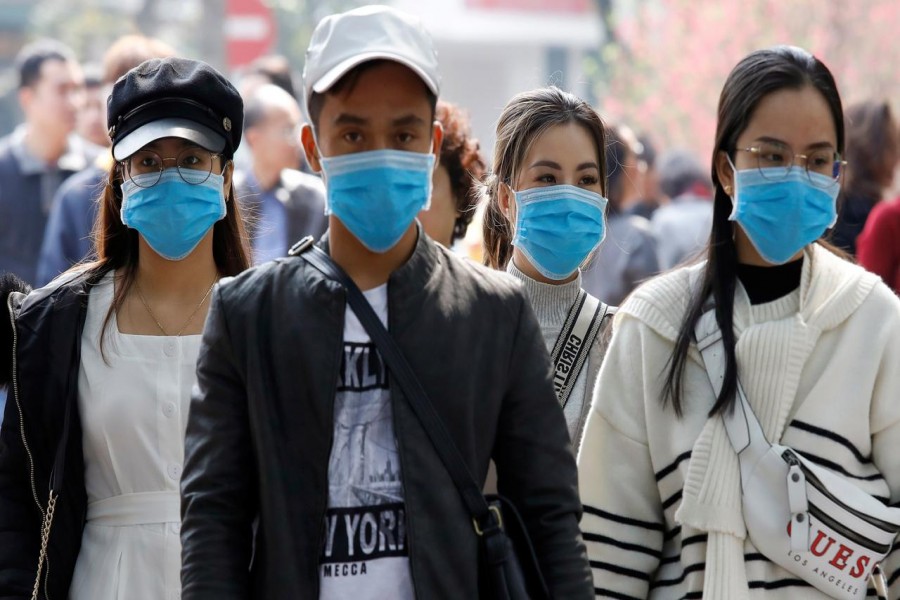Vietnam has had one of the world’s best records in containing the coronavirus despite bordering China, its biggest trading partner, where the virus was first reported.
But after more than three months with no reports of local transmission, new cases have now been reported in six cities and provinces in the past week and authorities in the communist-ruled country are scrambling to contain the new outbreak, reports Reuters.
HOW HAS VIETNAM BEEN AFFECTED SO FAR?
Vietnam, with more than 95 million people, is the most populous country in the world to record no coronavirus deaths so far.
It has had a total of only 459 cases, far fewer than most other large countries in Southeast Asia and reported no local transmissions of the virus for 100 days until July 25.
Since then it has reported 42 infections linked to the first case in a third wave which started in the coastal resort city of Danang.
The limited impact of the virus is one reason why Vietnam is one of the few regional economies that is still expected to eke out some growth this year.
HOW DID VIETNAM DO SO WELL?
Public health experts describe Vietnam’s initial response as a textbook example of how to deal with an infectious disease outbreak.
Vietnam ramped up testing and contact tracing far faster than neighbouring countries and put tens of thousands of people in quarantine if they were suspected of contact with anyone infected or had come from abroad.
The response was aided by the surveillance infrastructure of a state that tolerates little opposition as well as widespread popular support that some compared to that of the US-war era.
When a second wave of infections began in March, much of the country was put under lockdown and schools and businesses shut.
THEN WHAT HAPPENED?
Vietnam was one of the first countries to start easing its strict lockdown in late April with local transmissions apparently stopped.
Bars reopened and crowds returned to the streets, football matches started again and although face mask use was encouraged to stop the spread of the disease, many people stopped bothering.
Vietnam started to revive its domestic tourism industry.
HOW DID THE NEW CASES RESURFACE?
The first case was found in a 57-year-old man from Danang.
Since then, at least 30 cases have been reported around Danang, and others in the capital, Hanoi, the business hub, Ho Chi Minh City, and the coffee-growing Central Highlands.
The government has said it is a different strain of virus to earlier ones detected in Vietnam, suggesting that it had come from abroad rather than lying low in the community.
The source of the new infection remains unclear. One of the cases, an American citizen, first developed symptoms in Danang as early as June 26, the health ministry said.
Suspicions have been raised by authorities that the new infections could have been the result of illegal immigration from China, Vietnam’s ancient foe.
WHAT HAPPENS NOW?
Vietnam has gone back into full response mode.
All flights to and from Danang have been suspended for 15 days although in the immediate aftermath of the infections about 21,000 tourists there returned to Hanoi and another 18,000 to Ho Chih Minh City.
Hanoi said it would conduct mass testing for all 21,000 those who had returned there from Danang.
Authorities in the capital have also shut bars and banned large gatherings because of the new cases.


